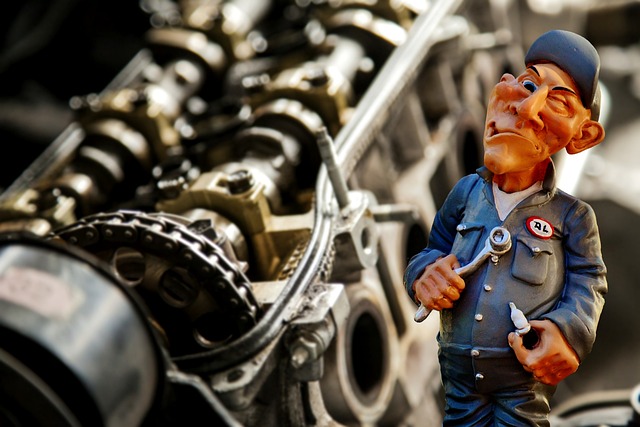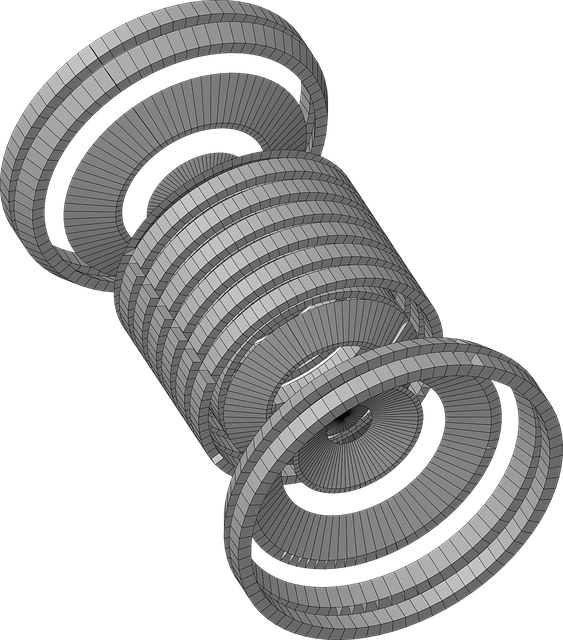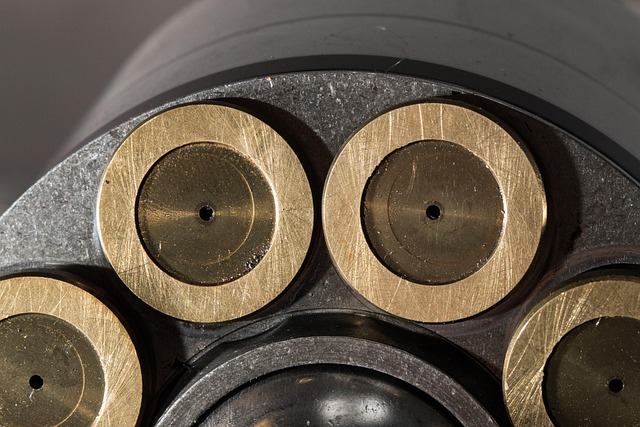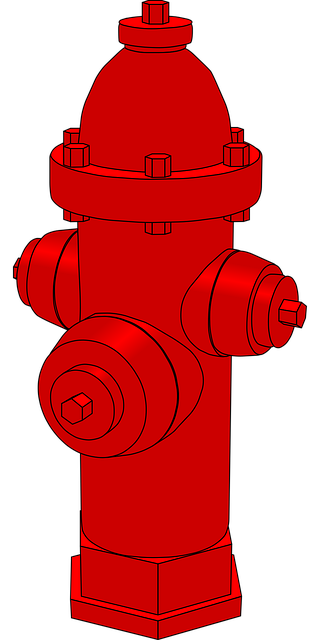Identifying and addressing leak sources in hot water cylinders is crucial for repair. Turn off water supply and electricity, wear protective gear, and gather tools. Evaluate damage: replace old or inefficient cylinders, consider DIY for minor leaks, else consult professionals. Modern, energy-efficient cylinders offer durability and long-term savings.
Tired of constant water wastage and rising bills? Learn how to fix a hot water cylinder leak efficiently. This step-by-step guide, tailored for DIY enthusiasts, takes you through identifying the source of leakage to implementing effective solutions. First, pinpoint the issue – is it a loose connection or a damaged component? Then, prepare your workspace and gather necessary tools. Lastly, discover if repair or replacement is the best course of action for your hot water cylinder.
- Identify the Source of the Leakage
- Prepare for Safe and Effective Repairs
- Implement Solutions: Replace or Repair the Cylinder
Identify the Source of the Leakage

Identifying the source of the leak is a crucial step in any hot water cylinder repair. Start by examining the cylinder itself for signs of corrosion, cracks, or loose connections. Leaks often originate from the pressure relief valve, which releases excess pressure to prevent explosion, or from the connections between the cylinder and its components, such as pipes and valves.
Pay close attention to areas where different parts meet, as these are common leak points. Troubleshooting electric hot water heaters involves checking for damaged insulation, faulty wiring, or worn-out O-rings and gaskets. If you suspect a burst hot water pipe, immediately locate the affected area and assess the extent of the damage. Understanding your hot water cylinder warranty can provide valuable assistance during the repair process, ensuring you receive the necessary support from manufacturers or installers.
Prepare for Safe and Effective Repairs

Before tackling any hot water cylinder repair, safety should be your top priority. Turn off the main water supply valve to prevent leaks and ensure no electricity is flowing to the heater. This prevents electrocution hazards and protects your home from water damage. Wear protective gear including gloves, eye protection, and long pants to shield yourself from potential scalding or debris.
A well-prepared workspace also facilitates effective repairs. Clear a wide area around the hot water cylinder, removing any loose items that could impede access or cause injury. Gather all necessary tools and parts in advance, including a replacement hot water cylinder if needed. Many people opt to replace hot water cylinders themselves to save costs, but for complex issues, it might be best to consult a professional. Alternatively, you can order replacement hot water cylinders online for convenience and peace of mind.
Implement Solutions: Replace or Repair the Cylinder

If your hot water cylinder is leaking, it’s time to consider a few options for repair. One of the most effective solutions is replacing the entire cylinder, especially if it’s old or not designed for energy efficiency. Modern cylinders are more durable and can save you money on energy bills in the long run.
For minor leaks, a DIY hot water cylinder repair tutorial might be all you need. Troubleshooting electric hot water heaters involves identifying the source of the leak and making simple adjustments. However, if the damage is extensive or located internally, it’s best to call an emergency plumber Bromsgrove for professional assistance. They have the tools and expertise to handle complex repairs swiftly and effectively.
Identifying and fixing a hot water cylinder leak is a crucial step in maintaining your home’s plumbing system. By following these steps, from pinpointing the source of the leak to implementing solutions, you can effectively address the issue. Whether it requires replacing or repairing the cylinder, taking proactive measures ensures a reliable and safe water supply for your household. Remember, proper hot water cylinder repair is not only an efficient solution but also prevents potential damage caused by persistent leaks.
